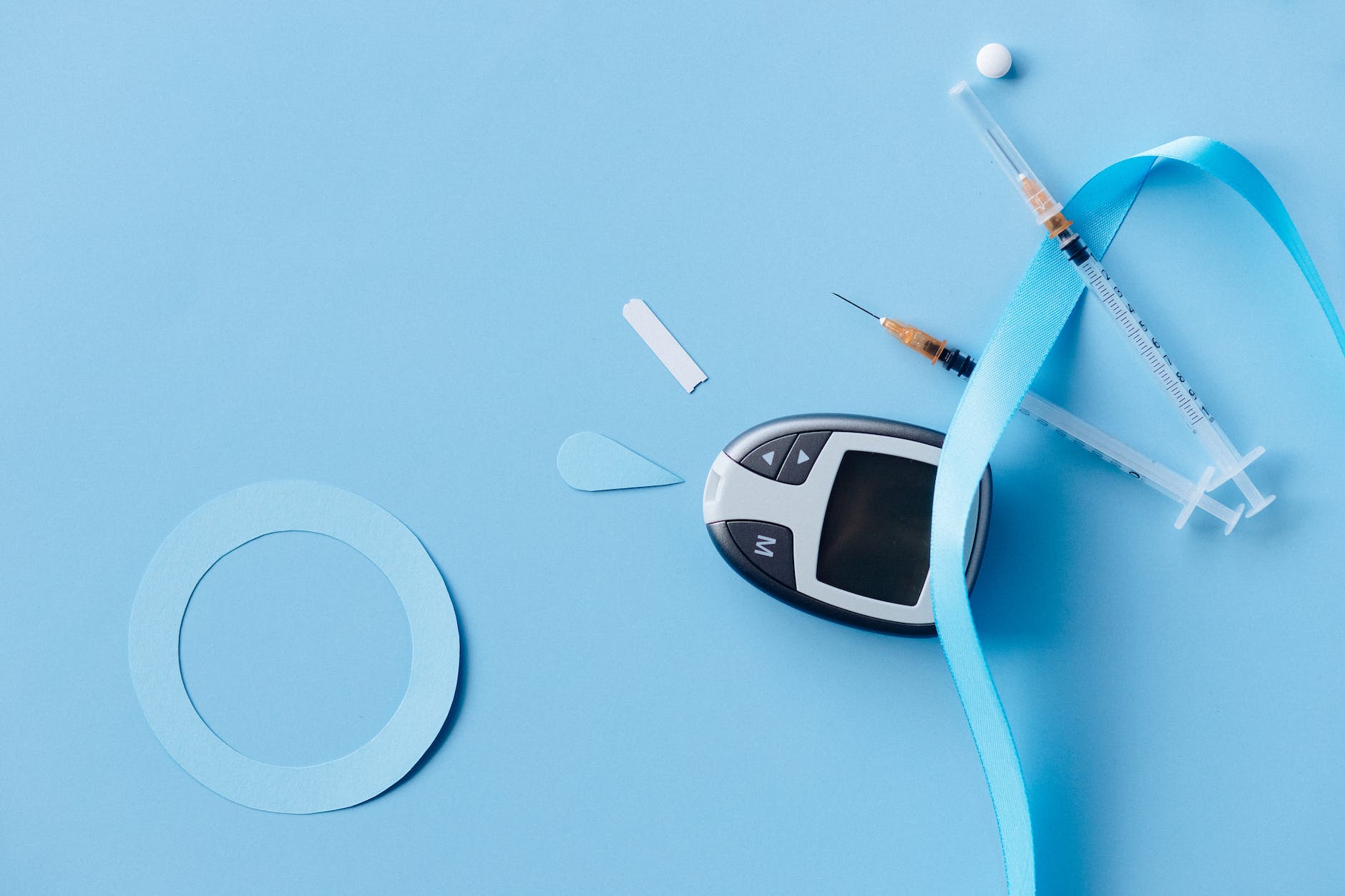An Overview of Diabetes Types and Treatments


An Overview of Diabetes Types and Treatments
Introduction
Diabetes is a complex metabolic disorder that affects millions of people worldwide. In this comprehensive article, we will delve into the various types of diabetes, their causes, symptoms, and available treatments. Our aim is to provide you with valuable insights and knowledge that will help you better understand diabetes and make informed decisions about your health.
Understanding Diabetes
Type 1 Diabetes
Type 1 diabetes, also known as insulin-dependent diabetes, is an autoimmune condition in which the body's immune system mistakenly attacks and destroys the insulin-producing cells in the pancreas. This results in the inability of the body to produce insulin, a hormone essential for regulating blood sugar levels. People with type 1 diabetes require lifelong insulin therapy to survive.
Type 2 Diabetes
Type 2 diabetes, the most common form of diabetes, occurs when the body becomes resistant to insulin or fails to produce enough insulin to maintain normal blood sugar levels. This condition is often associated with lifestyle factors such as obesity, sedentary behavior, and poor dietary choices. Type 2 diabetes can often be managed through lifestyle modifications, including a healthy diet, regular exercise, and oral medications. In some cases, insulin therapy may also be required.
Gestational Diabetes
Gestational diabetes develops during pregnancy and affects pregnant women who have never had diabetes before. Hormonal changes during pregnancy can lead to insulin resistance, resulting in high blood sugar levels. Although gestational diabetes usually resolves after childbirth, it increases the risk of developing type 2 diabetes in the future. Proper management, including a balanced diet, regular physical activity, and monitoring blood sugar levels, is crucial for the health of both the mother and the baby.
Symptoms and Diagnosis
Diabetes presents with a range of symptoms, including frequent urination, excessive thirst, unexplained weight loss, increased hunger, fatigue, blurred vision, slow wound healing, and recurrent infections. If you experience any of these symptoms, it is essential to consult a healthcare professional for an accurate diagnosis.
To diagnose diabetes, healthcare providers may perform various tests, such as blood glucose tests, A1C tests, and oral glucose tolerance tests. These tests help determine the type of diabetes and its severity, enabling the development of an appropriate treatment plan.
Treatment Options
Lifestyle Modifications
For individuals with type 2 diabetes, lifestyle modifications play a crucial role in managing the condition. These modifications include adopting a well-balanced, nutrient-rich diet, engaging in regular physical activity, maintaining a healthy weight, and managing stress levels. These lifestyle changes not only help control blood sugar levels but also contribute to overall well-being.
Medications
In addition to lifestyle changes, healthcare providers may prescribe medications to manage diabetes. For type 2 diabetes, oral medications such as metformin, sulfonylureas, and DPP-4 inhibitors are commonly prescribed to enhance insulin sensitivity and regulate blood glucose levels. For individuals with type 1 diabetes or advanced type 2 diabetes, insulin therapy is essential to maintain optimal blood sugar control.
Continuous Glucose Monitoring (CGM) and Insulin Pumps
Technological advancements have revolutionized diabetes management. Continuous Glucose Monitoring (CGM) systems provide real-time information about blood sugar levels, allowing individuals to make immediate adjustments in their insulin doses or lifestyle choices. Insulin pumps deliver insulin continuously, closely mimicking the natural insulin release by the pancreas.
Supportive Therapies
Alongside conventional treatments, complementary therapies such as acupuncture, yoga, and meditation may offer additional benefits in managing diabetes. However, it is important to consult healthcare professionals before incorporating these therapies into the treatment plan to ensure their safety and effectiveness. https://diabetescure4u.com/
Conclusion
Diabetes is a chronic condition that requires lifelong management. By understanding the different types of diabetes, recognizing symptoms, and implementing appropriate treatment strategies, individuals can lead fulfilling lives while effectively managing their condition. Remember, a comprehensive approach that combines lifestyle modifications, medications, and the support of healthcare professionals can significantly improve the quality of life for people living with diabetes.


